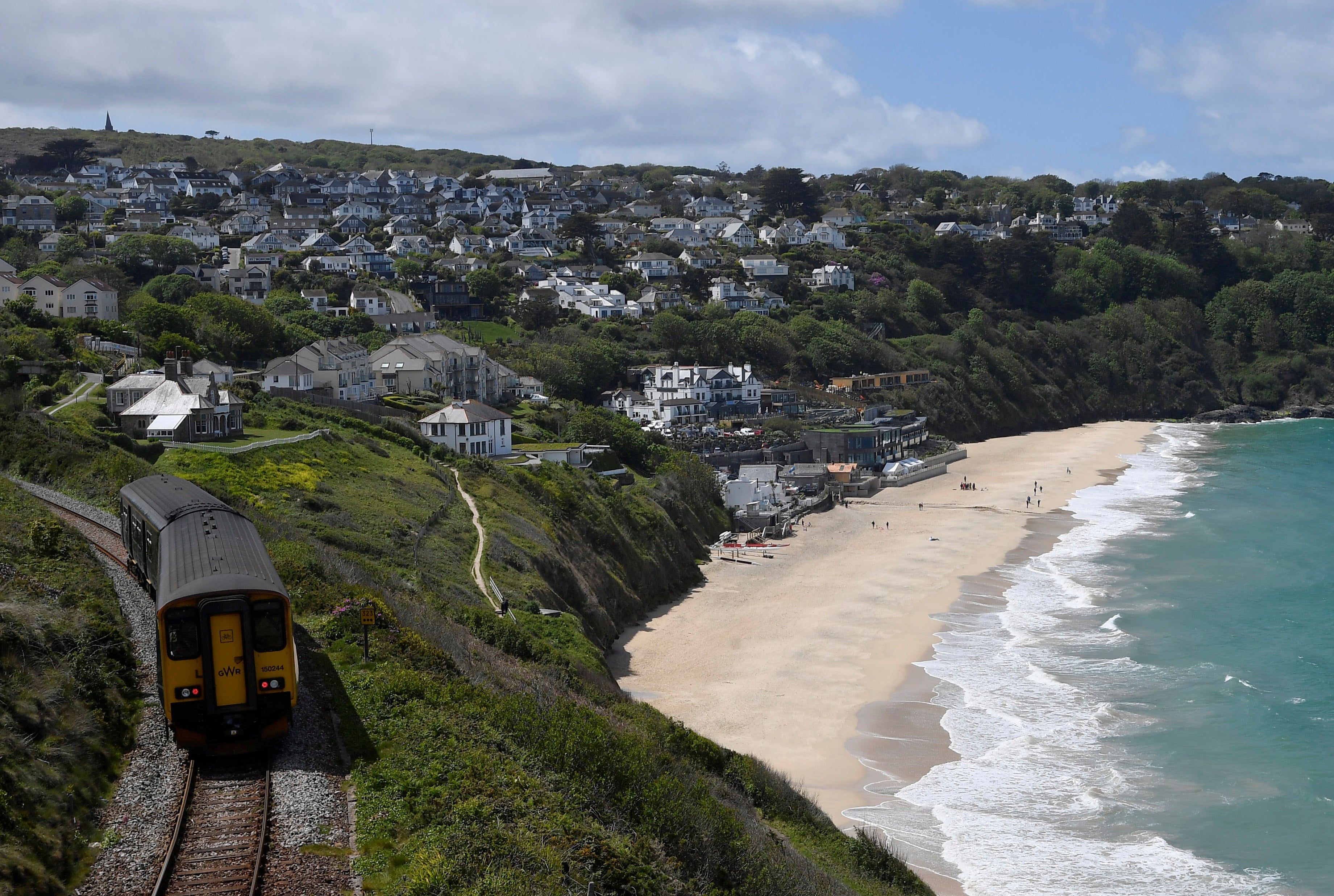Boris Johnson has the chance to show Britain can still lead by example at the G7 summit
Editorial: From the global vaccine rollout, to taxation and the overseas aid budget – the government has to do more than talk a good game

Boris Johnson is arriving at the point at which it will become clear to see if he intends to govern by word or by deed.
He has talked extensively about “levelling up”, yet so far he has just been forced by Marcus Rashford into providing free school meals for hungry children. He has talked extensively of his passion for education, but has committed funding for the post-Covid catchup programme, which “falls far short of what is needed”, according to the person in charge – who promptly resigned.
This week, the UK will host the G7 summit. Already Johnson is talking of Britain “leading the world” through, among other things, pushing for a commitment to vaccinate the world by the end of 2022, although we have yet to put a specific figure on the number of vaccines we will donate to the global vaccine-sharing programme, Covax. It is believed the announcement will come during the summit – but if we truly want to lead by example, shouldn’t it have come already?
The G7 nations have also agreed plans for a global minimum rate of corporation tax, which will be set at 15 per cent. President Joe Biden had sought 21 per cent. The UK disagreed, showing a lack of ambition. Tax is an area where the UK leads by its own very poor example, rather than leading the world.
Most significantly of all, as Johnson talks of leading the world, he has also cut its overseas aid budget, which charities have made clear has directly led to some of the world’s poorest people going without food and medicines. The wastage involved is also staggering. There are no shortages of stories of infrastructure projects axed halfway through, with no prospect of their ever being completed.
When spending was cut from 0.7 per cent of national income to 0.5 per cent last year, the government has pledged to restore aid spending to 0.7 per cent “when the fiscal situation allows” – but it has not specified a date. Johnson now faces a potential Commons vote on Monday when more than 30 rebel Tory MPs hope to reverse the cuts. An embarrassing state of affairs ahead of the G7 summit and one that needs to be rectified.
Speaking on Sunday, the health secretary, Matt Hancock, said that decisions taken by the government were “entirely reasonable” given the “once-in-300-year economic interruption” caused by Covid-19. Plenty have lined up to disagree.
It is often very possible to govern through word not deed. David Cameron and George Osborne still occasionally appear in public to speak of the tough decisions they made to reduce the deficit, which they did, but the size of UK public debt still rose from £1 trillion to a staggering £1.6 trillion on their watch. This is not the public perception of their actions.
Johnson governs with the blessing of former Labour voters from the “red wall” – which the prime minister himself regularly likes to say are “borrowed”. He may very well believe he can keep promising to “level up”, then do very little of the sort and hope nobody in the UK will notice. He may very well get away with it, but a similar feat is difficult to pull off when it comes to Britain’s global standing.



Join our commenting forum
Join thought-provoking conversations, follow other Independent readers and see their replies
Comments